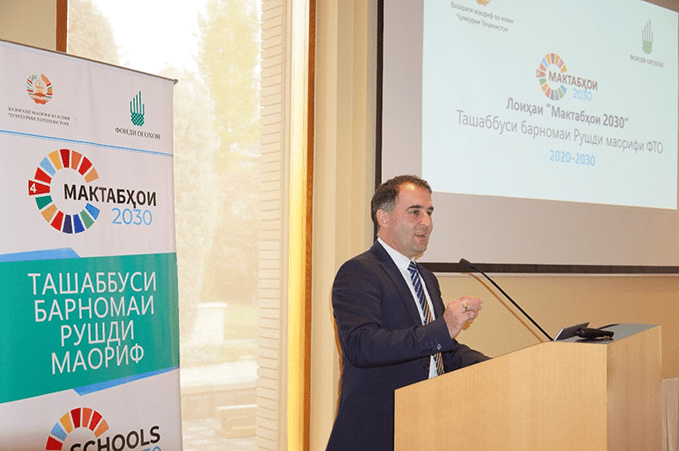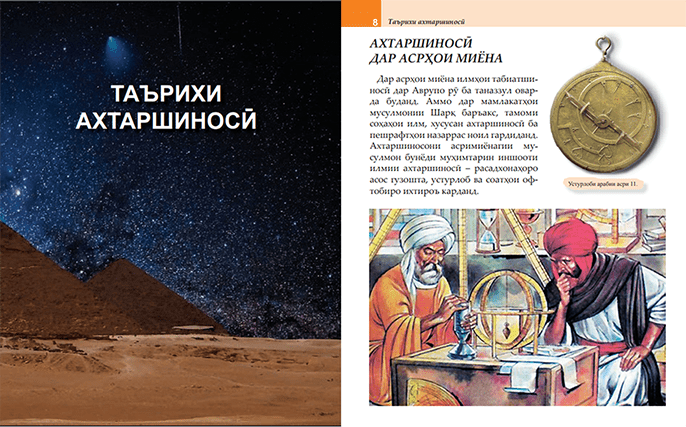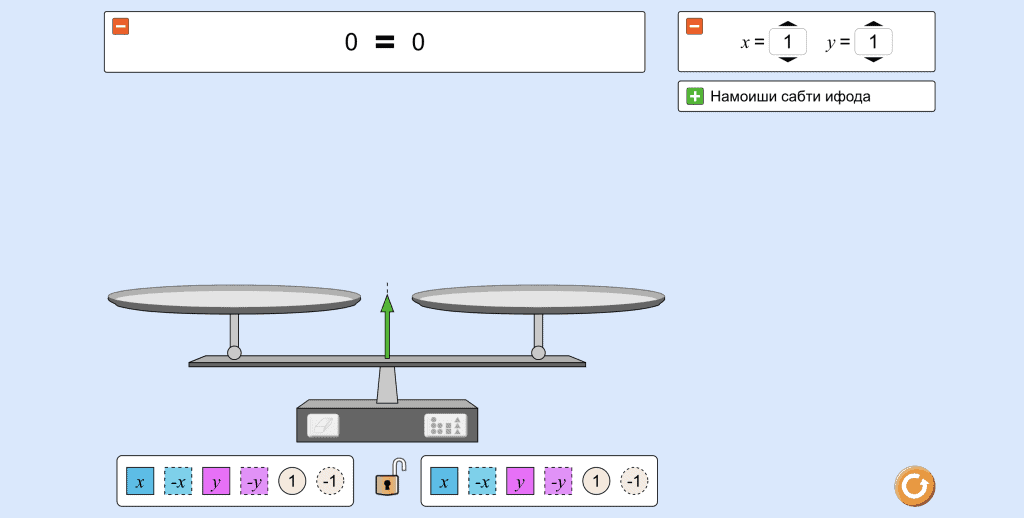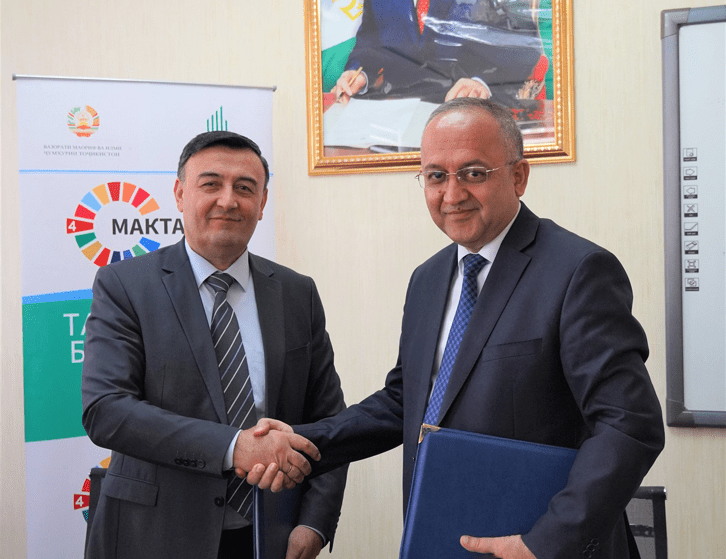On 1st November 2022, representatives of the Aga Khan Foundation (AKF) in Tajikistan met with delegates from National Testing Centre (NTC) under the President of the Republic of Tajikistan to sign a Memorandum of Understanding (MoU) cementing cooperation between the two entities under the Schools2030 programme. The MoU lays out a partnership between Schools2030 and the National Testing Centre (NTC) under the President of the Republic of Tajikistan to jointly design assessment tools based on national curriculum requirements, incorporating tools for assessing 21st century skills such as creativity and critical thinking.
A new approach to holistic learning assessments
This is the first time tools like this have been developed within the education initiatives of AKF Tajikistan for teachers in the country and marks the beginning of a new approach that looks at holistic, whole-child development. Once created and tested for psychometric validity, the tools will be used to assess the impact of the Schools2030 innovations that teachers are creating to improve holistic learning outcomes across all three age groups – preprimary, primary and secondary school level – in over 100 learning sites across the country.

Two days after the MoU signing, the Aga Khan Foundation, Tajikistan, the NTC, and sub-institutions of the Ministry of Education and Science conducted a two-day seminar to begin designing these tools. The representatives of the NTC presented various topics related to assessment tool design and the institutes worked together to ensure that anything developed would align to the Human-Centred Design (HCD) principles that teachers follow when creating their innovations.
This work is an incredibly promising step forward in terms of Schools2030’s ambition to influence policy and This work is an incredibly promising step forward in terms of Schools2030’s ambition to influence policy and education systems change, with the possibility that within the next few years, these assessment tools will be used by teachers in all Tajik schools.
The Digital Learning Platform – transformative education resources for Tajik students
The MoU signing indeed marks a promising step forward for Schools2030’s aim of influencing and working alongside education institutions in the country. . However, the team in Tajikistan has already been working very much in alignment with the curricular priorities of the Ministry of Education and Science through the Digital Learning Platform. Developed through HCD as a resource during COVID-19, the platform was made accessible to Tajik students, educators and parents across the country in July 2022.

The Digital Learning Platform is a repository for a huge range of resources and learning tools for every academic subject taught to 6–17-year-olds. The platform offers a vast digital library, with electronic copies of a huge array of textbooks, reference books and other resources developed by AKF and its partners (including on botany and nature, health and psychology, and world history, astronomy and space studies). Students can also access a variety of video lessons. Among them, 75 video lessons were developed through Schools2030’s HCD workshops (funded by the Oak Foundation, the Aga Khan Foundation and USAID under Local Impact) for maths, languages and science subjects – including chemistry, anatomy, biology and physics. Top subject experts and teachers were recruited and featured in the videos and the content has been reviewed and is undergoing a process of endorsement by the Ministry of Education and Science. Students themselves were also key to the development of the video lessons, and were involved directly in the Human-Centred Design process so as to ensure the lessons spoke to their generation effectively.
Though schools have now reopened and distance learning is not as much of a priority as it was during lockdown, the platform remains an incredibly effective resource and learning tool for teachers, offering dynamic and up-to-date lessons that are not only much more engaging but much easier to keep updated than a traditional textbook. In addition to the videos and the digital textbooks, students can play a variety of games and take part in interactive lessons. The platform is now being used both by teachers in the classroom, as well as at home to reinforce learning. It also contains a variety of guides aimed at parents so they can more effectively support their children’s learning.

So transformative is the platform for Tajikistan’s education prospects that Mr. Ghazalsho Safarzoda Head of the Regional Education Department of Khatlon, commented: “The digital platform is one of the most important educational efforts in the region, providing teachers, educators, and students with high-quality relevant, age-appropriate, and subject-specific learning resources. We believe that this platform will help to improve and develop teaching and learning at a rapid pace.”
The content is the responsibility of the authors and does not necessarily reflect the views of AKF, USAID, or the United States Government.

